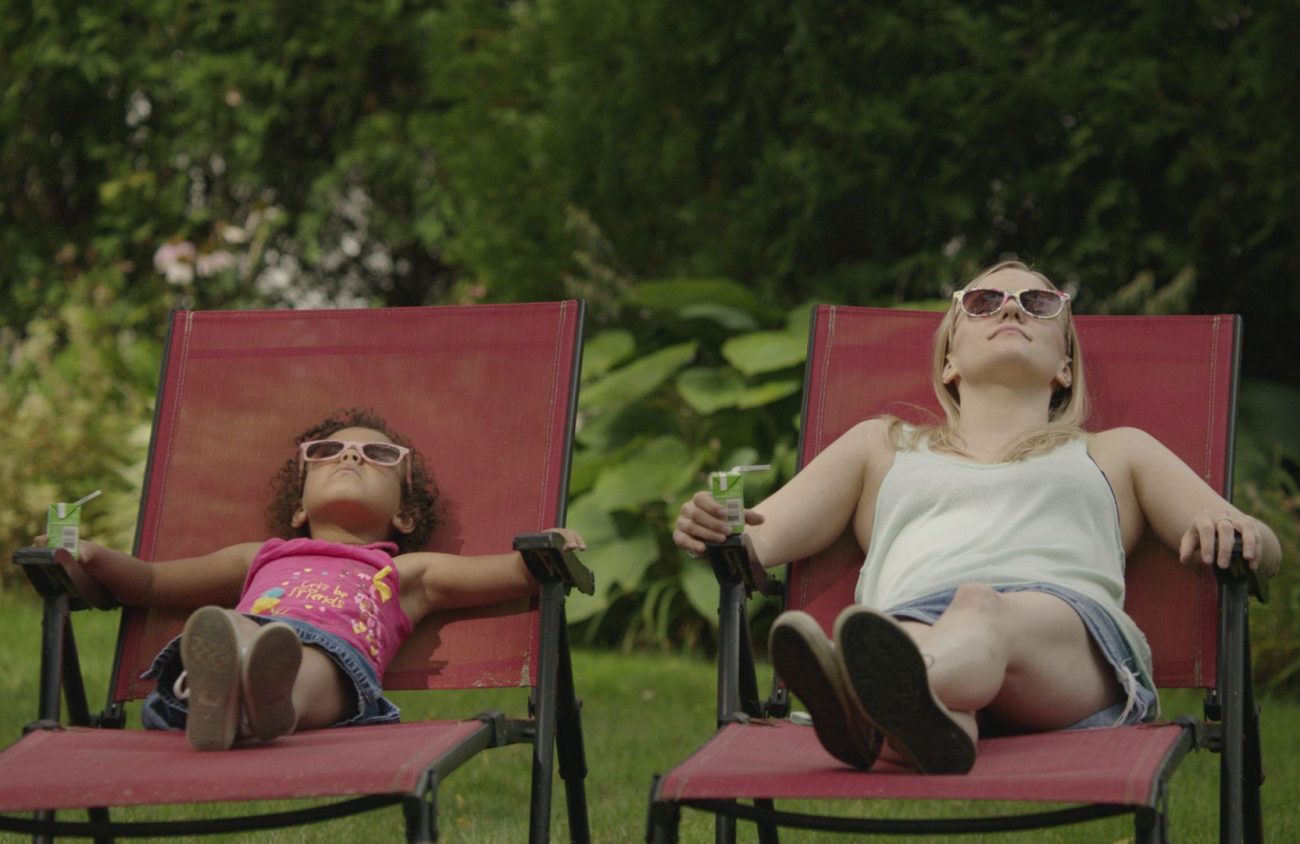For weeks, if you’d asked me what I’ve seen and recommended recently, I would’ve had just two answers: the Netflix series Lost in Space, because watching people be extremely stressed out in space is somehow soothing (I will never be floating through space in a freezer! I can handle this!), and the videogame Animal Crossing: New Horizons.
The former explores extremes of human experience; the latter is a miniature capitalist world in which life is normal, you’re required to go outside and talk to your neighbors, and doing chores is weirdly satisfying.
Now I’d like to wholeheartedly recommend Saint Frances, which you can watch online via the Broadway Metro’s virtual screening room. Written by and starring Kelly O’Sullivan, Saint Frances is about 34-year-old Bridget, whose imperfect life is pretty normal — but the things that happen in that life are so infrequently depicted so well on screen that they feel cinematically extraordinary.
“Saint Frances endeavors to normalize and destigmatize those parts of womanhood that we’re encouraged not to talk about,” O’Sullivan says on the film’s website. It succeeds and goes beyond that, normalizing, embracing and accepting everyday occurrences that we’ve been socialized to feel shame about, from periods to postpartum depression.
Saint Frances is about an aimless young woman who has an abortion and refuses to be shamed about it or to let anyone tell her how she should feel about the experience, especially when she’s not exactly sure herself.
That sounds dramatic, but O’Sullivan’s screenplay (directed by Alex Thompson) is warm, funny, never too sweet and not afraid to throw a few pointed darts. It sits comfortably in a narrative space where not knowing is OK: Bridget doesn’t know if she wants kids. She doesn’t know if she wants a relationship with the younger man she met at an awkward party. She doesn’t know what she’s doing with her life. And none of that stops her from stumbling into a fulfilling job and creating connections with people she didn’t know she needed.
When, late in the film, someone tells Bridget she lies a lot, she ponders for a minute. It’s true, though: When she says something honest, she often berates herself for it afterwards, so she instead says things that aren’t quite accurate. And that isn’t always wrong. It’s how she gets her job as nanny to 6-year-old Frances (Ramona Edith-Williams), who delivers a kind of absolution, but not pat resolution.
One of Frances’s mothers, Annie (Lily Mojekwu), is busy with her career; the other, Maya (Charin Alvarez), just gave birth to her little brother and is visibly struggling. Bridget exists to take the pressure off both of them, but her presence can’t and doesn’t fix everything — not any more than the presence of a perceptive and clever child can fix everything in Bridget’s life.
Saint Frances knows that beauty exists alongside blood and mess (I can almost guarantee you’ve never seen this many tampons in a single film). Simple threats loom over scenes: Will Bridget be OK taking care of the baby? Will a defiant Frances run into the street? Will all the strain, normal as it may be, be too much for Maya and Annie?
O’Sullivan’s script knows when to press and when to pull back, and the entire cast is beautifully comfortable in director Thompson’s hands. Watching Saint Frances reminded me of the first time I saw Short Term 12: that feeling that, if there’s even a smidgen of justice in the world, the people behind and in front of the camera will get more chances to tell meaningful stories, both epic and intimate in scope.
